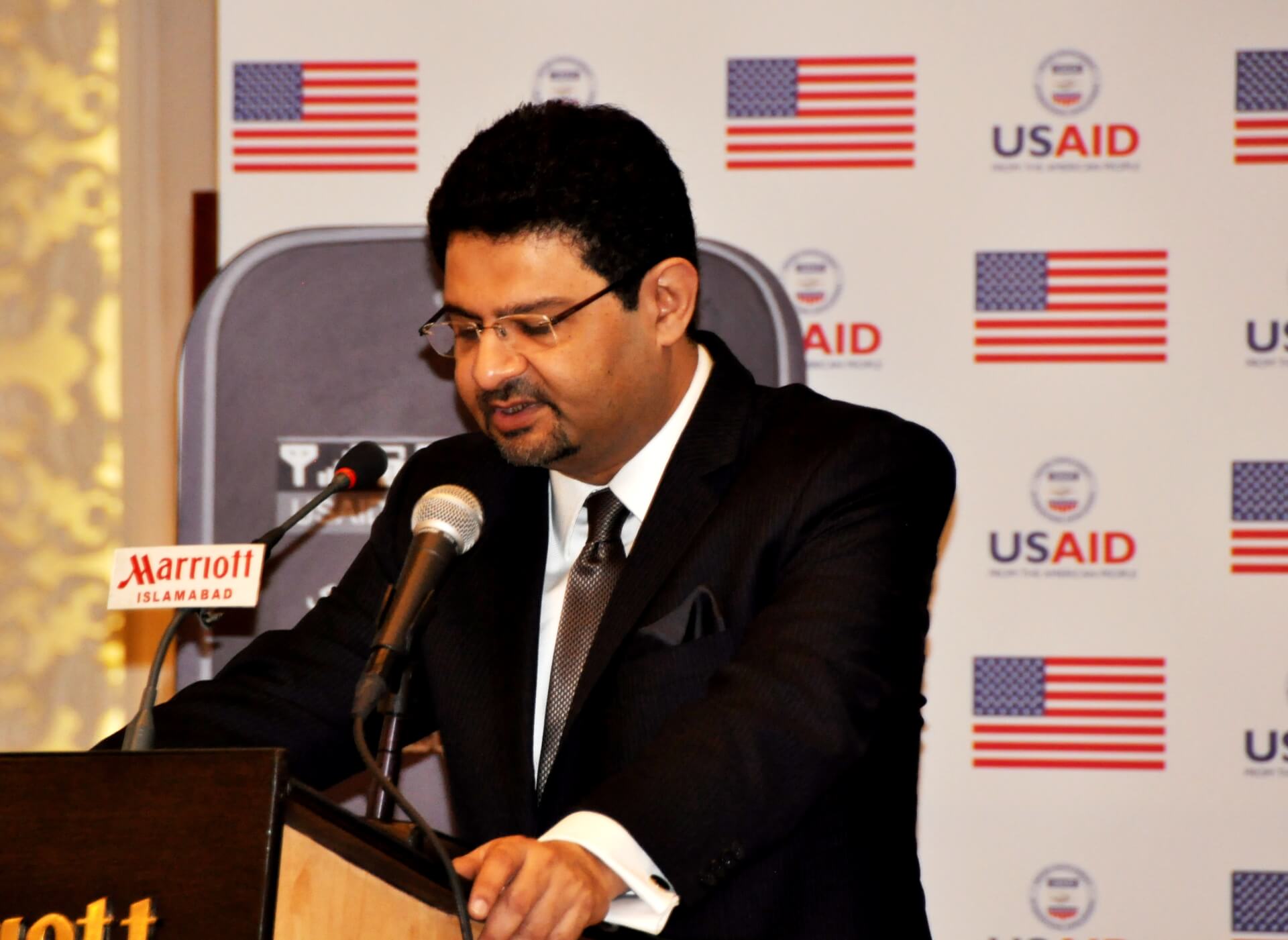Pakistani Finance Minister Miftah Ismail said discussions on a staff-level agreement with the International Monetary Fund (IMF) will “hopefully” begin on June 30, noting that the government needs two days to assess the document presented by the organisation on the prerequisites for the bailout deal.
On Tuesday, the IMF presented the Pakistani government with the Memorandum of Economic and Financial Policies (MEFP), which was drafted on the basis of the group’s 7th and 8th reviews. It suggests that the two sides are approaching an agreement, as the MEFP contains the policy actions and structural changes that both sides have already agreed on.
Early this morning, the Government of Pakistan has received an MEFP from the IMF for combined 7th and 8th reviews.
— Miftah Ismail (@MiftahIsmail) June 28, 2022
Ismail has claimed that Pakistan expects to receive a $2 billion loan, instead of the previously promised $1 billion. This would form part of a total loan package of $6 billion that was initiated in July 2019 but halted due to the erstwhile government’s failure to make critical changes recommended by the IMF. However, reports suggest that the exact amount of the next tranche of aid is not mentioned in IMF’s MEFP.
Though the IMF has agreed to extend the time-frame of the programme until 2028, it has also laid out key preconditions that Pakistan must meet, including the approval of the 2022-2023 budget. The IMF has already set an expenditure limit of Rs. 9.6 trillion ($46.4 million).
The MEFP also says the agreement will be contingent on the passage of the Finance Bill, which would introduce several austerity measures, including hiking electricity tariffs and the removal of fuel subsidies (except for the 20 million poorest citizens).
Although highly unlikely, if for a moment we assume that IMF does give the incumbent govt “a break” and concludes agreement without fuel price increase, the subsidy will be highly damaging to the economy and result pressure fiscal balance and push up IRhttps://t.co/AvBAKtX5H2
— Javed Hassan (@javedhassan) May 23, 2022
The IMF also requires a Memorandum of Understanding between the federal and provincial governments to ensure that the terms of the Finance Bill and the budget numbers are complied with. Moreover, the government has also been asked to crack down on corruption and review existing laws.
In fact, Pakistan has already made several changes to satiate the demands of the IMF. For instance, the government has agreed to introduce a poverty tax on those earning over certain benchmarks to increase tax collection. To cut down expenses, it has eliminated additional salaries and pensions. It has also introduced a “super tax” on major industries, including steel, sugar, oil and gas, and automobile. Furthermore, it plans to introduce a petroleum development levy (PDL) from July 1, starting at Rs 10 per litre ($0.048) and going up by Rs 5 ($0.024) each month until it hits Rs 50 ($0.24).
Having received the MEFP, Finance Ministry officials will now scrutinise the document to ensure that there are no major disagreements. Thereafter, the document will be signed by the Finance Minister and the governor of the State Bank of Pakistan, Murtaza Syed. The staff-level agreement will then be returned to the IMF’s Executive Board for final approval. Thereafter, two tranches of aid will be released by the end of July 2022.
Chinese Banks approve a $2.3bn loan for Pakistan after the progress in talks with the IMF. Pakistan expects to receive the money within a couple of days according to @MiftahIsmail
— Yousuf Nazar (@YousufNazar) June 22, 2022
Addressing an event organised by the Ministry of Planning, Ismail said Prime Minister (PM) Shehbaz Sharif is confident that successful talks with the IMF will put the country on the path toward “self-reliance.” He also said that the government will collect 33% additional taxes in the next financial year, allowing it to avoid the “danger of default.”
Sharif reassured citizens that the IMF deal would help the country achieve “political and economic independence.” He said that while Pakistan does not lack “resources or expertise,” “unchangeable decisions” had to be made to revive the economy. He also assured that the money received from the IMF and the increased taxes “will not be wasted and will not be spent on government expenditure” and instead be dedicated to the “development and prosperity” of the country.

